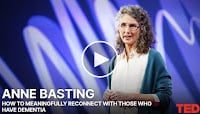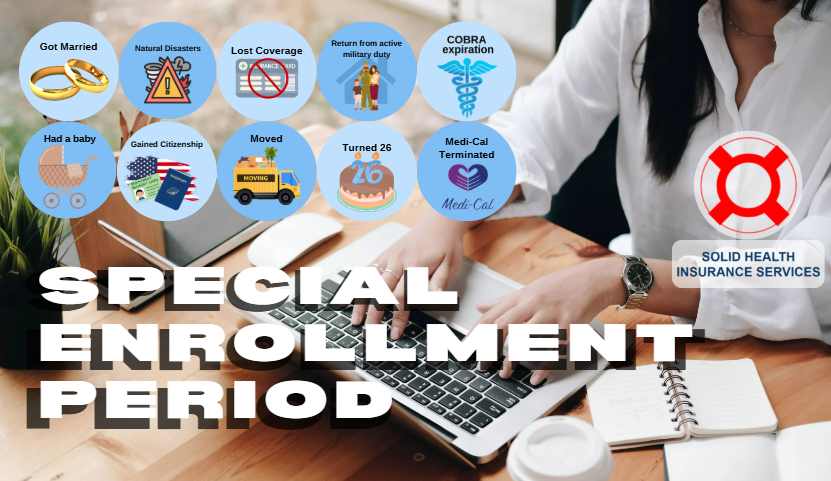—
This content is for informational purposes only and is not intended to provide medical advice.
In today’s fast-paced world, the struggle with addiction is more prevalent than ever. Whether it’s substance abuse, gambling, or other harmful behaviors, seeking professional help is a crucial step towards recovery. Addiction counseling near me provides a lifeline for individuals grappling with the challenges of addiction, offering personalized support and strategies for lasting change.
I. Introduction
A. Definition of Addiction Counseling
Addiction counseling is a specialized form of therapy designed to help individuals overcome dependencies and destructive behaviors. It involves the guidance of trained professionals who provide support, encouragement, and practical tools to navigate the complexities of addiction.
B. Importance of Seeking Addiction Counseling
Recognizing the need for addiction counseling is a pivotal moment in the journey towards recovery. Professional counseling not only addresses the symptoms of addiction but also delves into the underlying issues, fostering a holistic approach to healing.
II. Types of Addiction Counseling
A. Individual Counseling
One-on-one sessions allow for a personalized approach, tailoring the therapy to the unique needs and circumstances of the individual. This focused attention facilitates a deeper exploration of personal challenges and growth opportunities.
B. Group Counseling
Group sessions provide a sense of community and shared experiences, promoting empathy and understanding. Participants learn from one another’s journeys, fostering a supportive environment crucial for recovery.
C. Family Counseling
Addiction often affects not only the individual but also their loved ones. Family counseling addresses the impact of addiction on relationships, helping families navigate challenges and rebuild trust.
D. Online Counseling Options
In the digital age, online counseling offers convenience and accessibility. Virtual sessions provide a viable option for those seeking professional help from the comfort of their homes.
III. Benefits of Addiction Counseling
A. Personalized Treatment Plans
Addiction counseling tailors treatment plans to each individual’s unique circumstances, ensuring a comprehensive and effective approach to recovery.
B. Emotional Support
Professional counselors offer a safe space for individuals to express their emotions without judgment, fostering emotional well-being and resilience.
C. Skill Development
Counseling equips individuals with coping mechanisms and life skills, empowering them to navigate challenges and avoid relapse.
D. Relapse Prevention Strategies
Through counseling, individuals learn to identify triggers and develop strategies to prevent relapse, creating a sustainable path toward recovery.
IV. Finding Addiction Counseling Near Me
A. Local Counseling Centers
Researching local counseling centers is a crucial first step. Community resources often provide a range of counseling options, making it easier to find a suitable fit.
B. Online Directories
Online directories streamline the process of finding addiction counselors near you. These platforms often include reviews and ratings, helping you make informed decisions.
C. Referrals from Healthcare Professionals
Consulting with healthcare professionals, such as doctors or therapists, can provide valuable recommendations for reputable addiction counselors.
D. Community Resources
Community organizations and support groups may offer information on local counseling services, creating connections within your community.
V. What to Expect in Addiction Counseling Sessions
A. Initial Assessment
The first session typically involves an assessment to understand the individual’s history, challenges, and goals, laying the foundation for personalized treatment.
B. Goal Setting
Collaboratively setting realistic and achievable goals ensures a focused and purposeful approach to the counseling process.
C. Therapy Techniques
Counseling sessions may involve various therapeutic techniques, such as cognitive-behavioral therapy or motivational interviewing, tailored to individual needs.
D. Progress Evaluation
Regular evaluations track progress, allowing for adjustments to the treatment plan as needed, ensuring continuous growth.
VI. Qualities of a Good Addiction Counselor
A. Empathy and Understanding
A compassionate and empathetic counselor creates a supportive environment, fostering trust and open communication.
B. Professional Qualifications
Verifying the counselor’s credentials and experience ensures that you receive guidance from a qualified professional with expertise in addiction counseling.
C. Communication Skills
Effective communication is paramount. A skilled counselor communicates clearly, ensuring that you feel heard and understood.
D. Non-Judgmental Attitude
Overcoming addiction involves facing personal challenges. A non-judgmental counselor provides a safe space for self-reflection and growth.
VII. Overcoming Stigma Surrounding Addiction Counseling
A. Changing Societal Perceptions
Raising awareness and changing societal perceptions about addiction promotes understanding and reduces the stigma associated with seeking counseling.
B. Importance of Mental Health Awareness
Emphasizing the link between mental health and addiction highlights the significance of addressing underlying issues for comprehensive recovery.
C. Encouraging Open Conversations
Creating an environment that encourages open conversations about addiction contributes to breaking down barriers and fostering a culture of support.
D. Success Stories
Sharing success stories of individuals who have overcome addiction through counseling inspires hope and encourages others to seek help.
VIII. Conclusion
In conclusion, seeking addiction counseling near you is a proactive step towards a healthier, more fulfilling life. The journey to recovery is unique for each individual, and professional counseling provides the guidance and support needed for sustainable change.
—
This content is brought to you by Shohan Khan
iStockPhoto
The post Addiction Counseling Near Me: A Guide to Seeking Support appeared first on The Good Men Project.
Original Article










